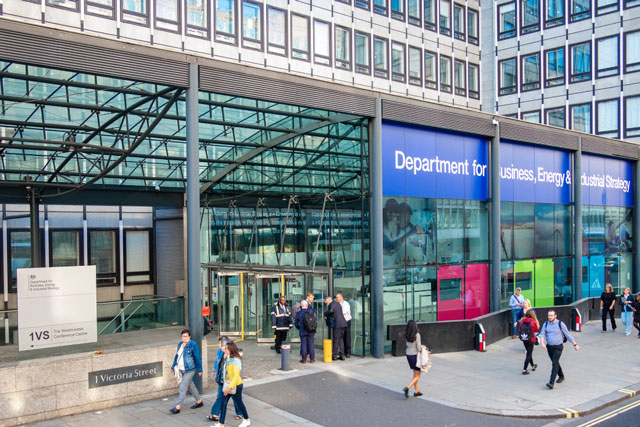
It’s striking that both Make UK and the CBI recently invoked the recovery after World War II as a measure of the scale of strategic intervention the economy needs right now (News, page 6).
There are nuances of difference between the CBI and Make UK diagnoses, but both agree on the need for a comprehensive vision and strategy for the coming decade.
Make UK’s immediate concern is about the recovery from Covid, which its members expect to be a long haul. It stresses the continuing need for short-term support for dealing with EU border delays and for the continuation of the furlough scheme, but calls uegently for a long-term industrial and economic strategy on a scale not seen since the Marshall Plan.
Its proposed long-term approach centres on identifying opportunities arising from digital technology and the transition to a net-zero economy, as well as capitalising on the UK’s still world-class academic science and innovation base, and developing a process whereby this can be commercialised.
The CBI stresses the triple shocks of Brexit, Covid-19 and climate change. It seeks a “modern, dynamic and competitive UK economy in 2030” and calls for “a vision, a plan and a national consensus to achieve it”.
It too sees a parallel with the aftermath of World War II, a “dark time” where nevertheless “real shifts for the better” were made, when post-war reconstruction gave birth to the NHS and the welfare state. “The scale of the shocks we’re facing today demand a similarly dramatic moment of unity and foresight,” said director-general Tony Danker. He called for a vision for at least a decade, co-created in a way tnever before seen, “by business and government in genuine partnership, with unions and civil society too.”
Both organisations deserve credit for a bold effort to articulate a compelling vision, and given that trade with the UK’s biggest export market has just got harder the urgency is clear. But how realistic are the prospects of collaboration between industry and government on this scale? Can the government not just recognise, but also embrace the challenge?
To the extent that the UK has had an industrial policy in recent decades, since 1979 intervention has been disfavoured, and the view that has held sway has been that the state should remain almost completely hands-off. Governments have toyed with the idea of an industrial strategy from time to time, the May government even adding the words to the name of a department, but nothing that amounted to a comprehensive strategy has emerged. The current government has not been noted for a long-term approach in any sphere, and has paid little heed to messages from business and industry.
Nonetheless, in the speech in which he outlined the CBI’s view, Mr Danker professed himself “a pragmatist” who liked to see “governments and businesses working together” (something, he added pointedly, that “our competitors do far better than us”).
He was also, he said, “a total optimist”. “I believe we must, and we will, come together to forge a better decade,” he said. For the sake of the UK’s economy and industry, we must hope his optimism is not misplaced – and that the government responds to this approach in the spirit in which it was made.

David Fowler MIStructE, Editor
david@maintenanceandengineering.com
@MaintOnLine

